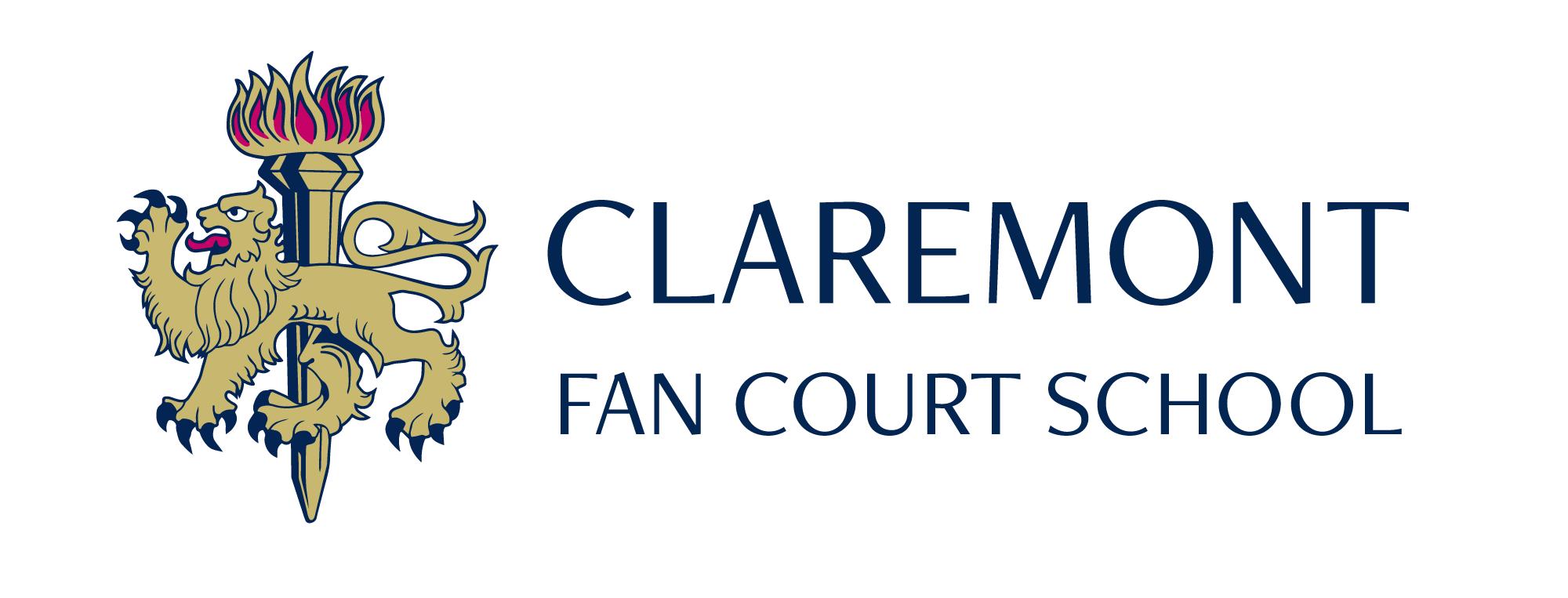
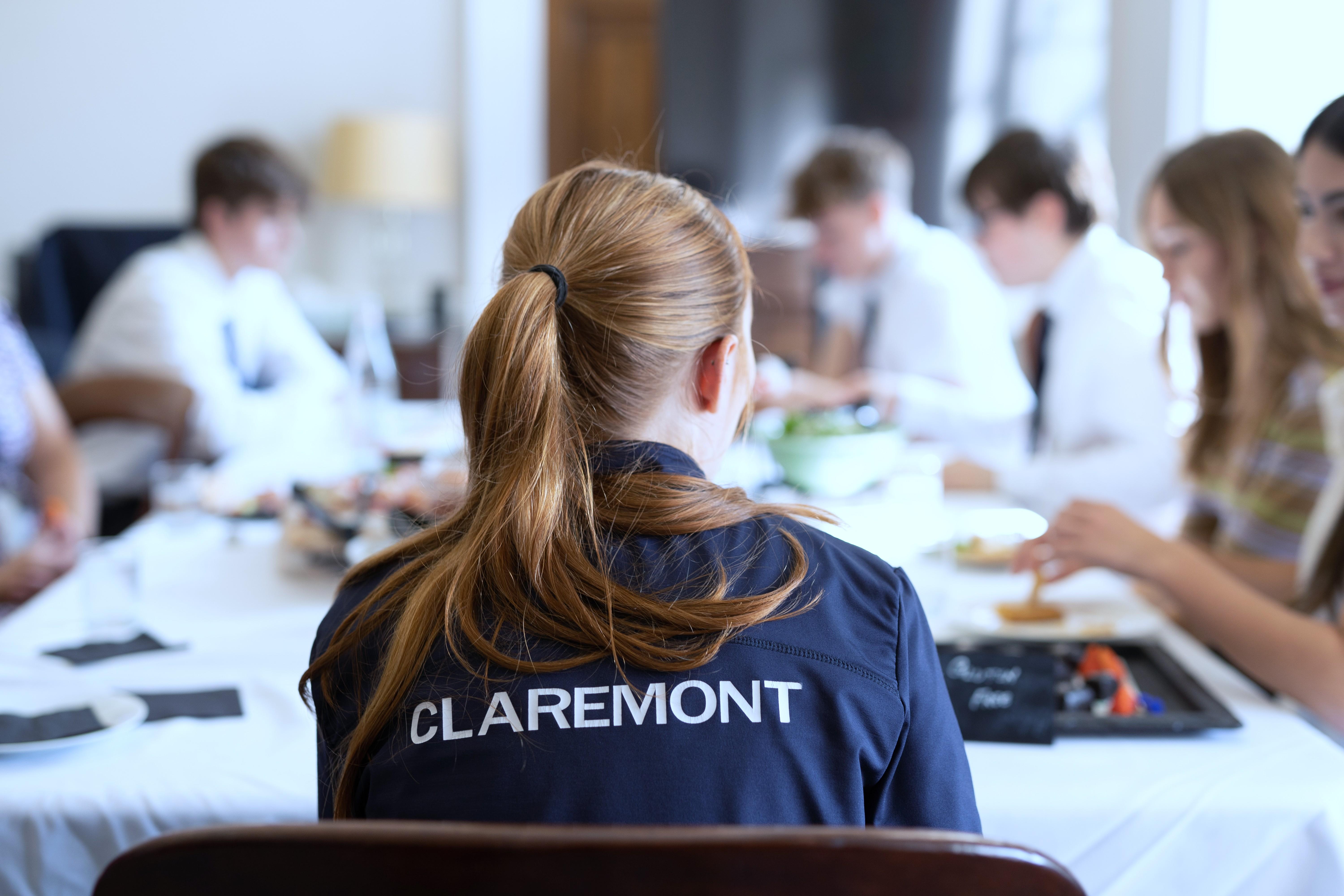



• Kind • Respectful
• Curious • Aspirationa
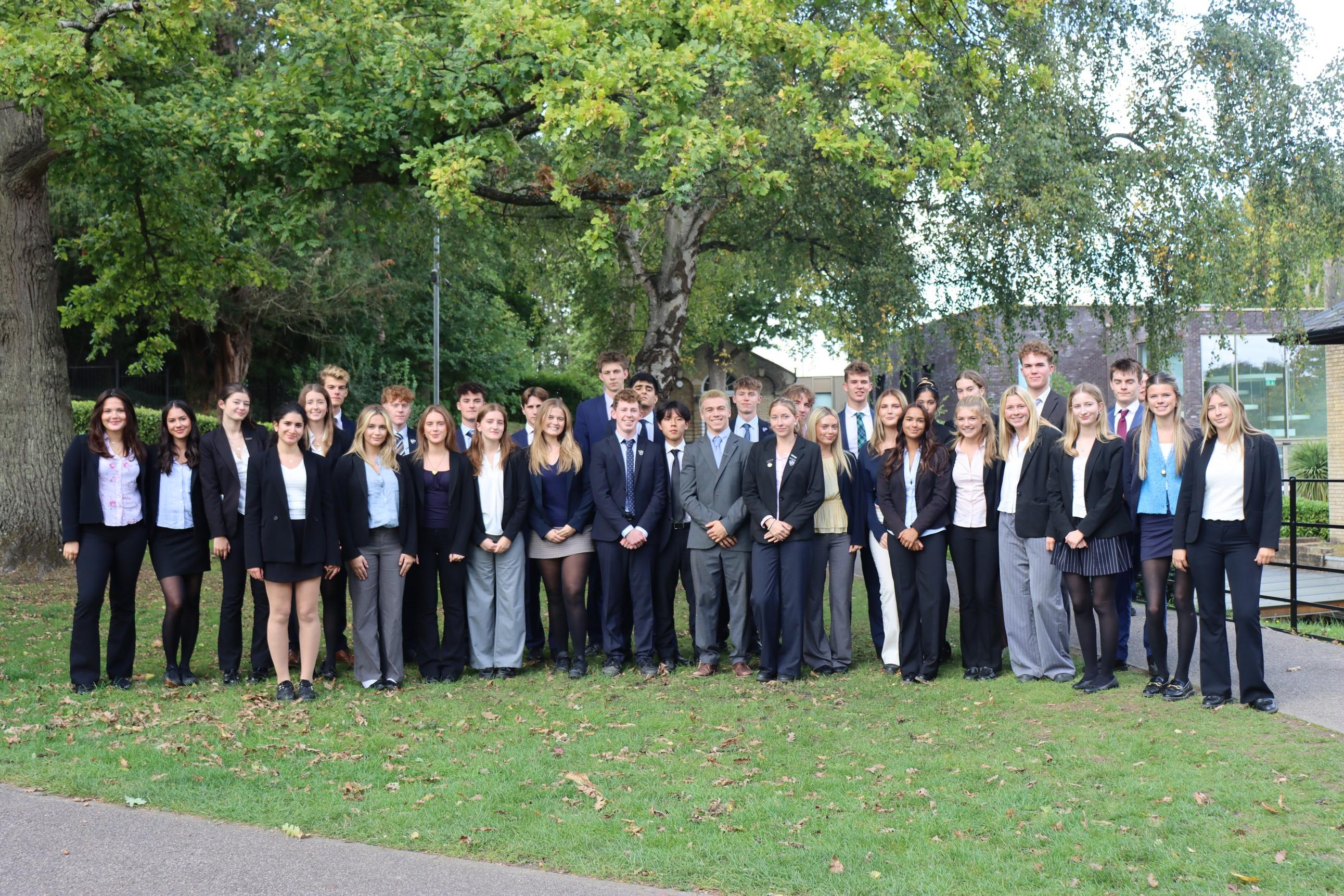
We foster and nurture our young people to be confident, caring and contributing members of the community.

We give our sixth form students the space (literally and metaphorically) to find out who they are and who they want to be.
And we help them achieve their goals.
How?
• Freedoms and independence
• Exceptional pastoral care
• Bespoke support

• Breadth of choice to cater for the individual

• A dedicated, modern sixth form centre offering a real sense of belonging
• An inclusive environment where all can thrive and find their passions
• Dedicated study space – both for independent and collaborative work
• c.30 options for A level or Level 3 study


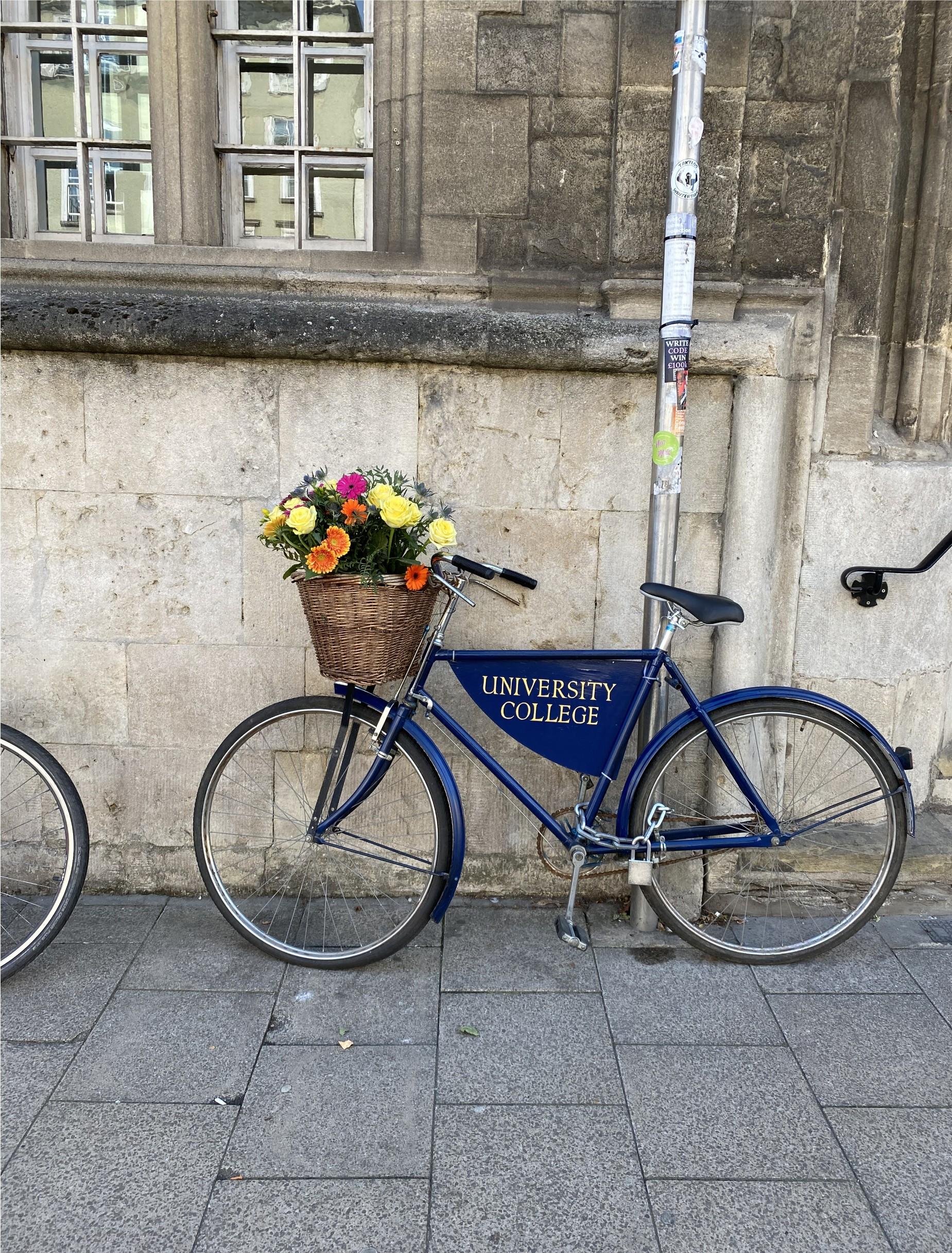



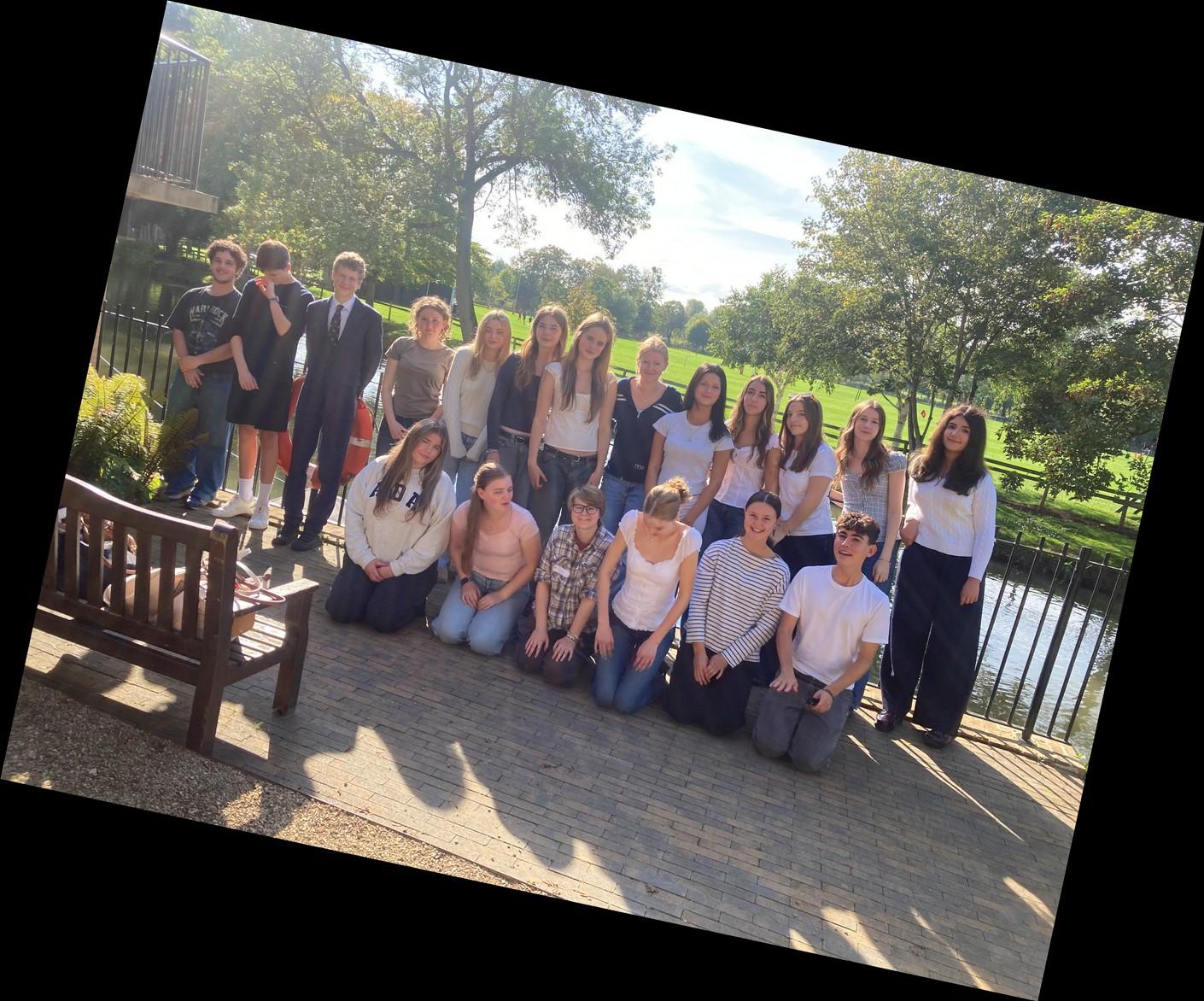



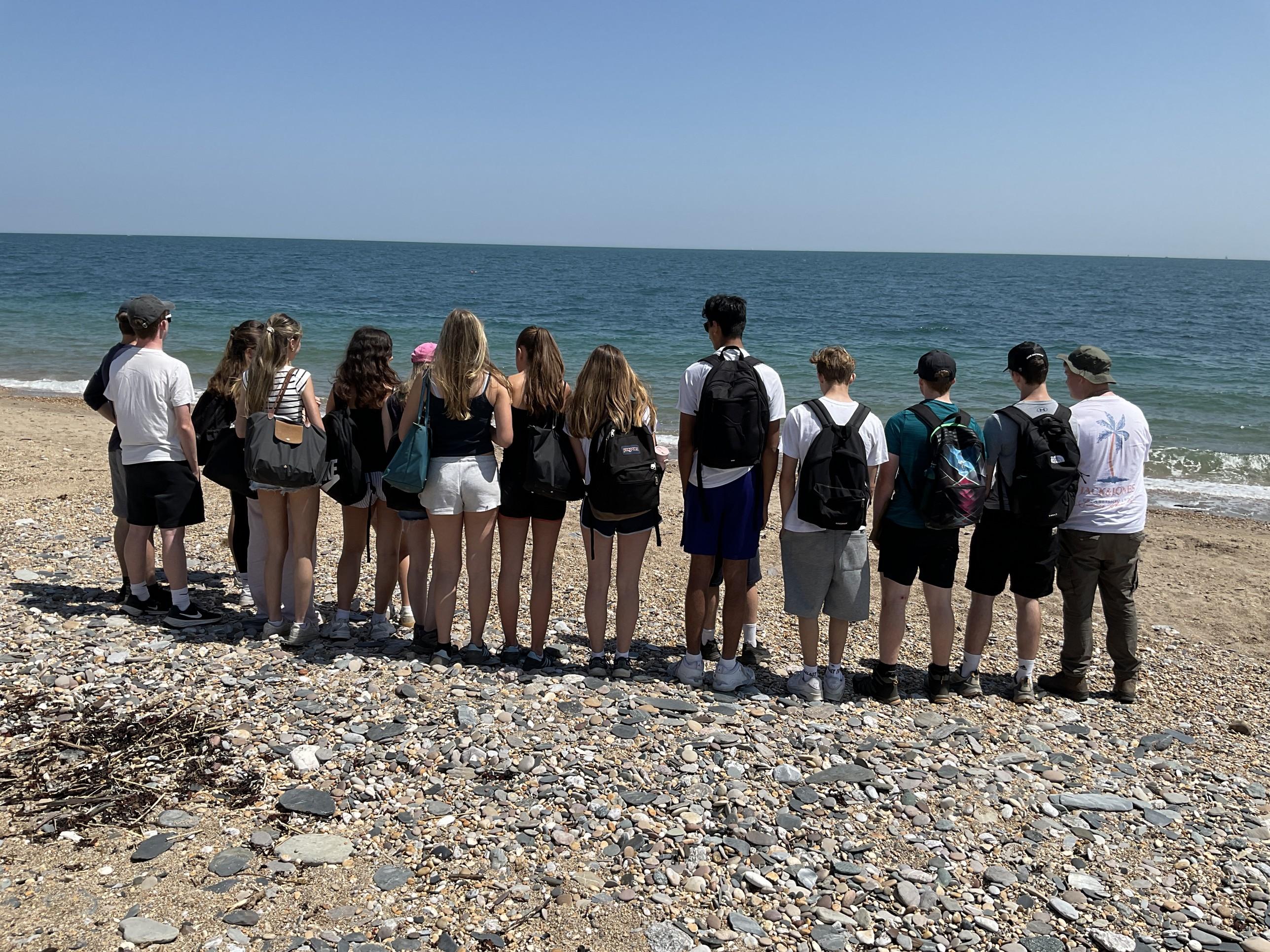






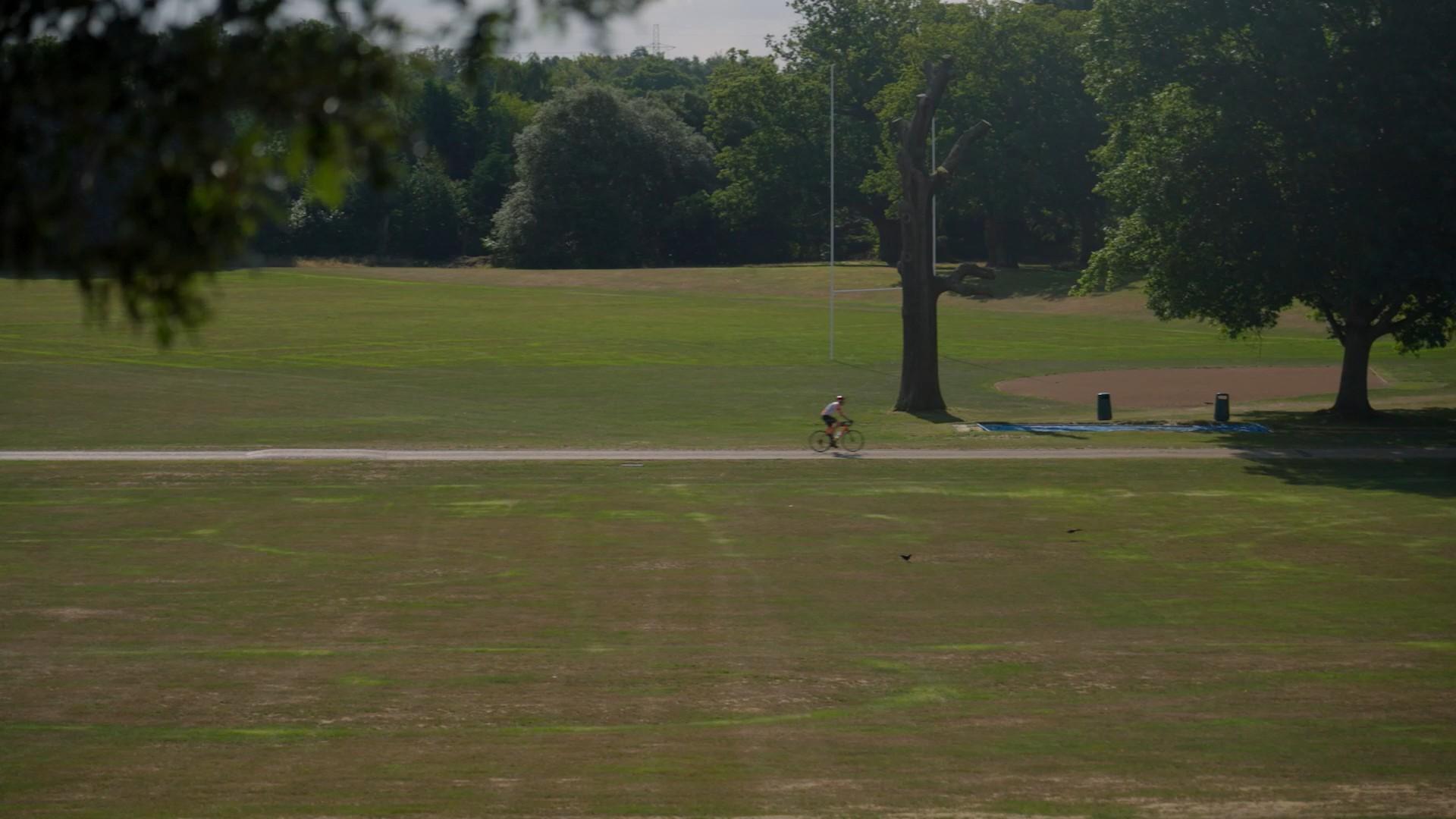

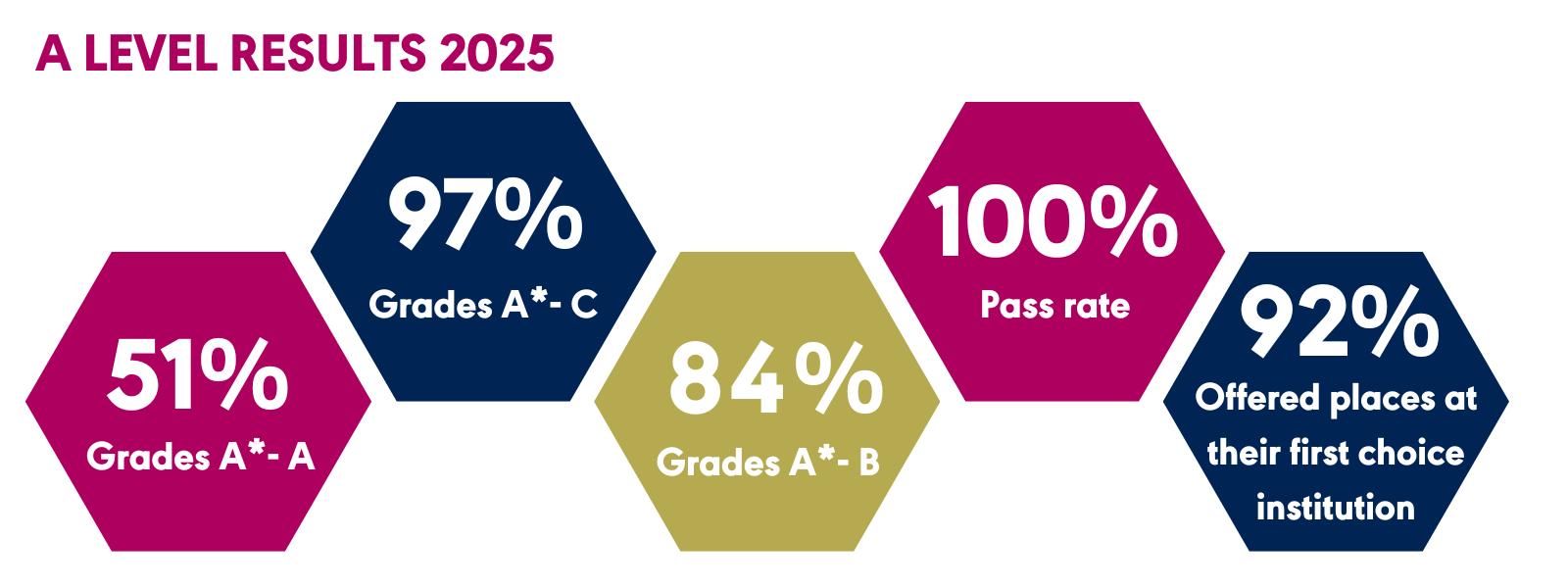

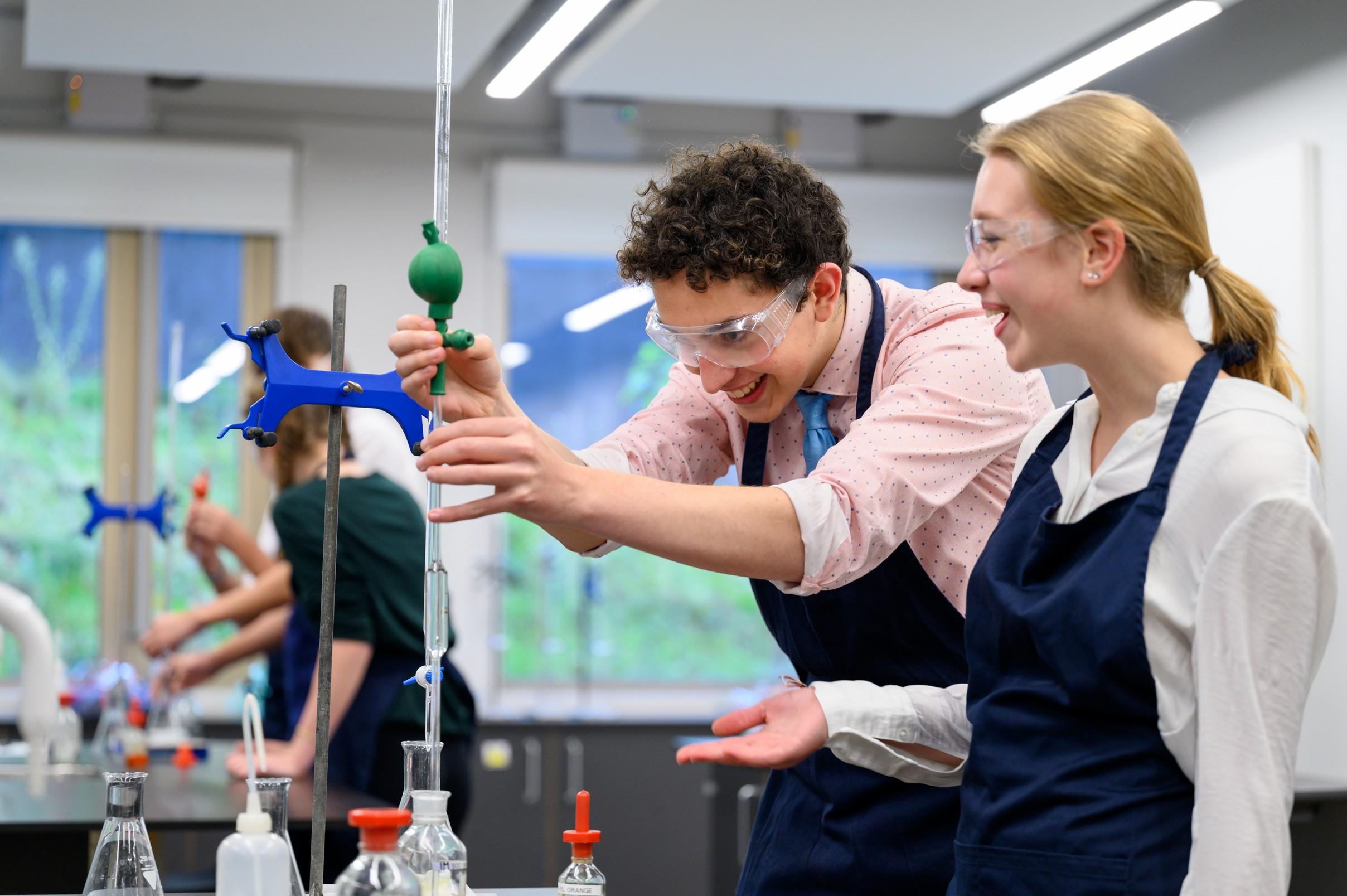
Studying the subjects you love
An academic stepping stone to university and professional life
Teaching is in small groups (typically no more than 14) and often in a different, more collegiate style to GCSE

There are two ways of thinking about A level options…
You have a fixed university course or professional career in mind and you work backwards from that outcome. Eg. Medicine - Chemistry, Maths plus one other
Simply pick the subjects you are passionate about and that you will enjoy. Almost inevitably these will be the subjects you will be most successful at will help point you in the right direction in terms of university study.

Subjects have their own specific requirements, but it is recommended you start from a strong GCSE base – at least a grade 7 is a good indicator of success at A level
In almost all cases the quality of the grade trumps the subject‘facilitating’ subjects are only facilitating if they are strong grades
We strongly recommend that the study of single sciences is the best preparation for A level science.

A level Physics should be accompanied by A level Maths
Consider ‘groups’ or ‘pairs’ of subjects and the cross-over of skills and content - for instance, History, Politics and Literature. A levels are designed to facilitate specialisation
Consider the assessment structure of the course - is there a nonexamined assessment or is it entirely linear?
We are here to help and support!

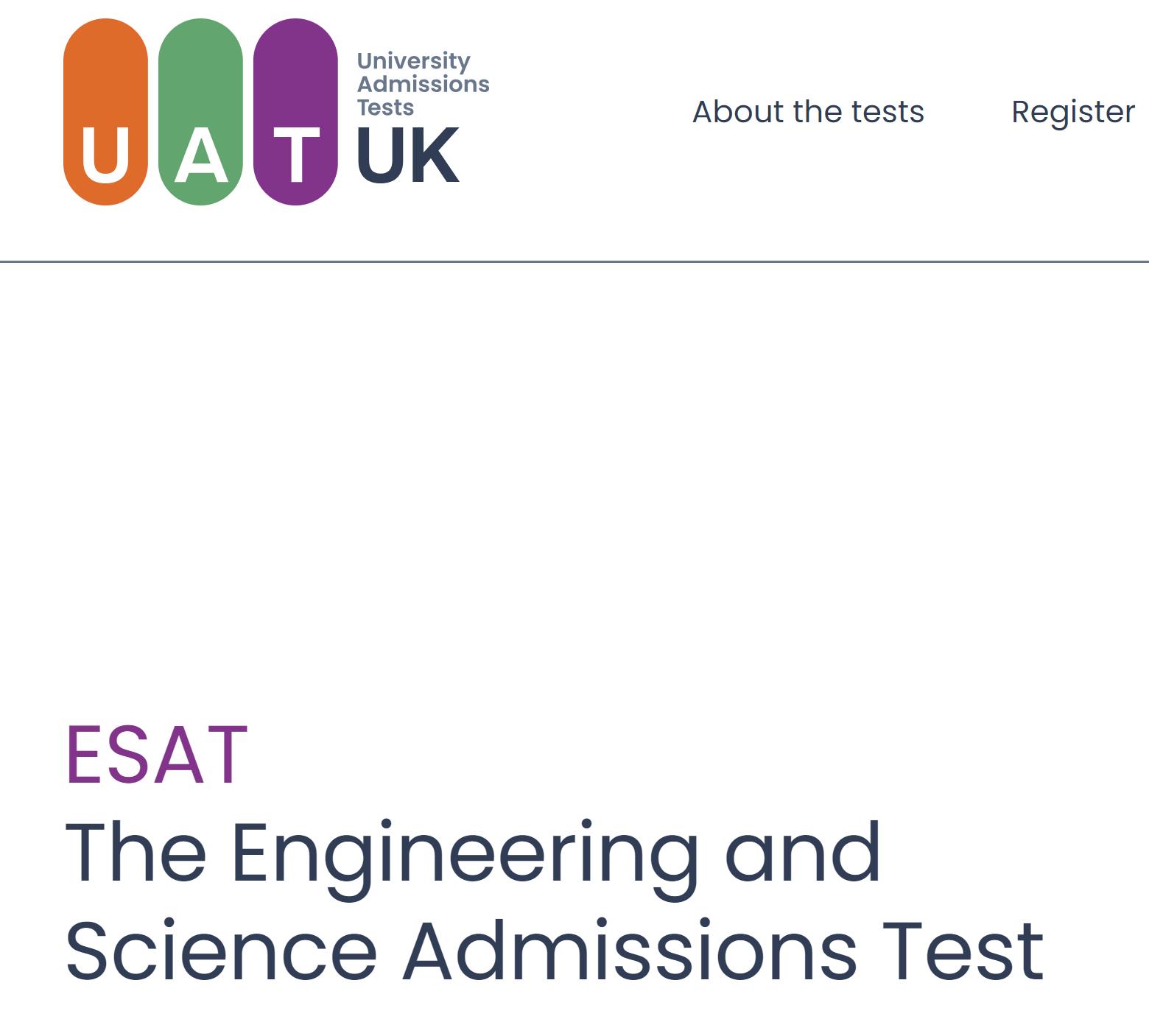


We have two L3 qualifications as part of our curriculum: Criminology and Food and Nutrition. They are worth the same UCAS ‘points’ as A levels
They are different to A levels in two key ways:
- They are ‘applied’ meaning content and concepts are more applied to the professional context – practical
- They are ‘modular’ meaning they offer continuous assessment - some of which is examined.

The Russell Group university and apprenticeships market is more competitive than ever before, especially with the knock-on effect of TAGs and CAGs
A level students need to be able to differentiate themselves from the competition. What have you done beyond A level study that will give you the skills, qualification, subject knowledge and conceptual understanding necessary to be a top undergraduate?

Joyce Grenfell Programme is an academic enrichment programme which is timetabled for all Year 12 students. Courses include the highly respected EPQ, CISI in Financial Services, TEFL and LAMDA
Also includes a range of co-ordinated internal and external competitions, challenges, lectures and trips to enrich and develop academic identity and understanding.



A dedicated Higher Education and Oxbridge co-ordinator who offers bespoke regular, timetabled one-to-one sessions
A dedicated Student Futures co-ordinator who organises the outstanding Student Futures Evening but also supports applications to professional life, apprenticeships and work experience
UCAS and Oxbridge Mentors provide individualised guidance on assessments tests, personal statement writing and interview practice.

Pupils currently have a module in PSHE that will help them consider the choices in an accurate and reflective way
Opportunity to book a one-to-one meeting with the Head of Student Futures
Use UniFrog and Informed Choices website (from the Russell Group)
Taster lessons in new subjects like Politics, Economics, Sociology, Psychology and Criminology
Consider grade requirements and target high performance at GCSE in those areas
Continue to progress the skills of independent learning – target setting, examination technique, research, using a wider range of resources and preparing carefully for assessments.

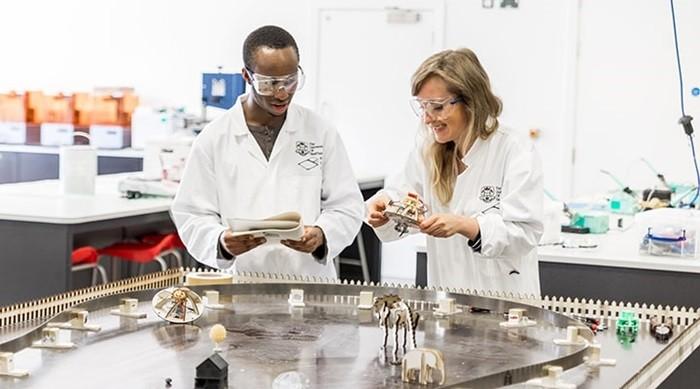


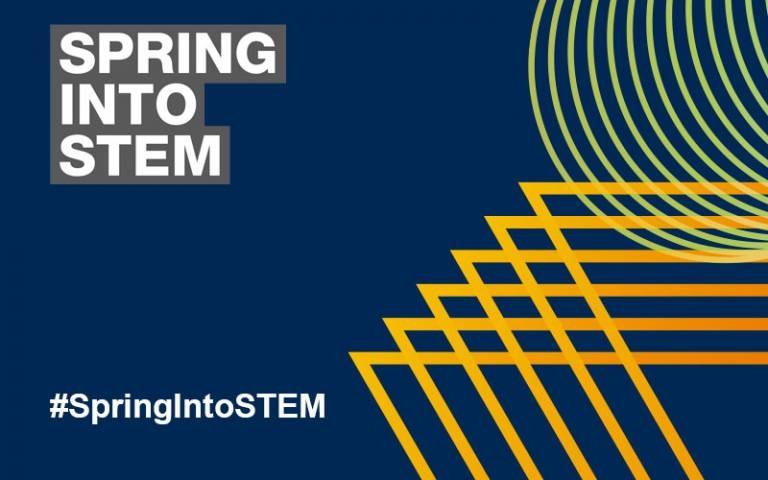
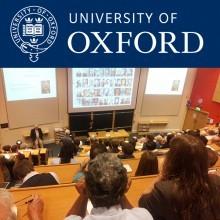

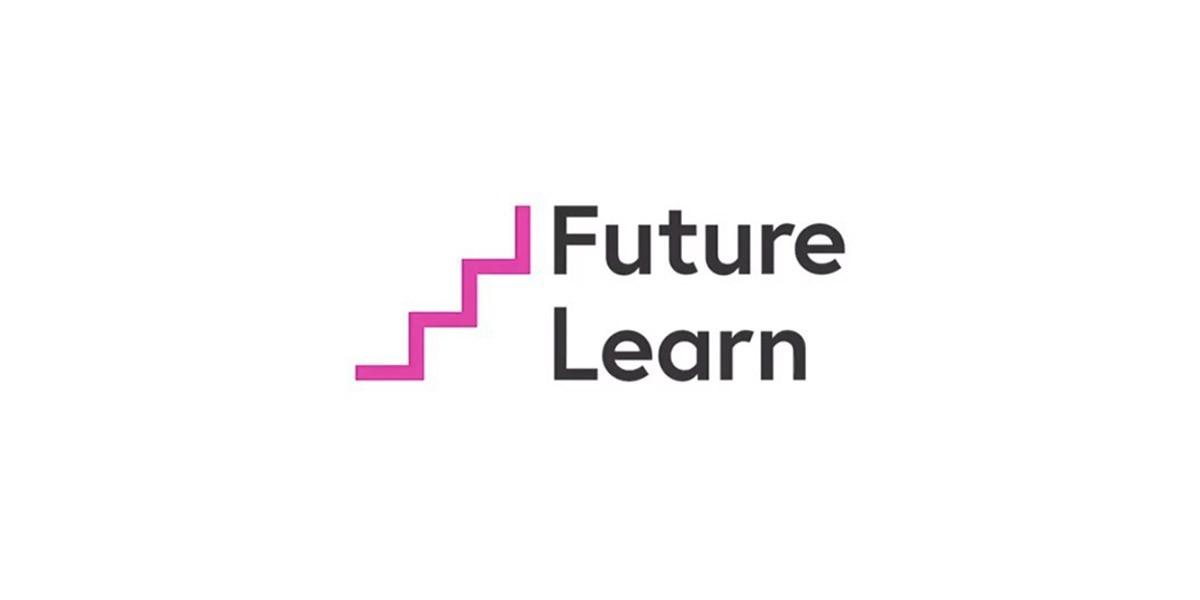

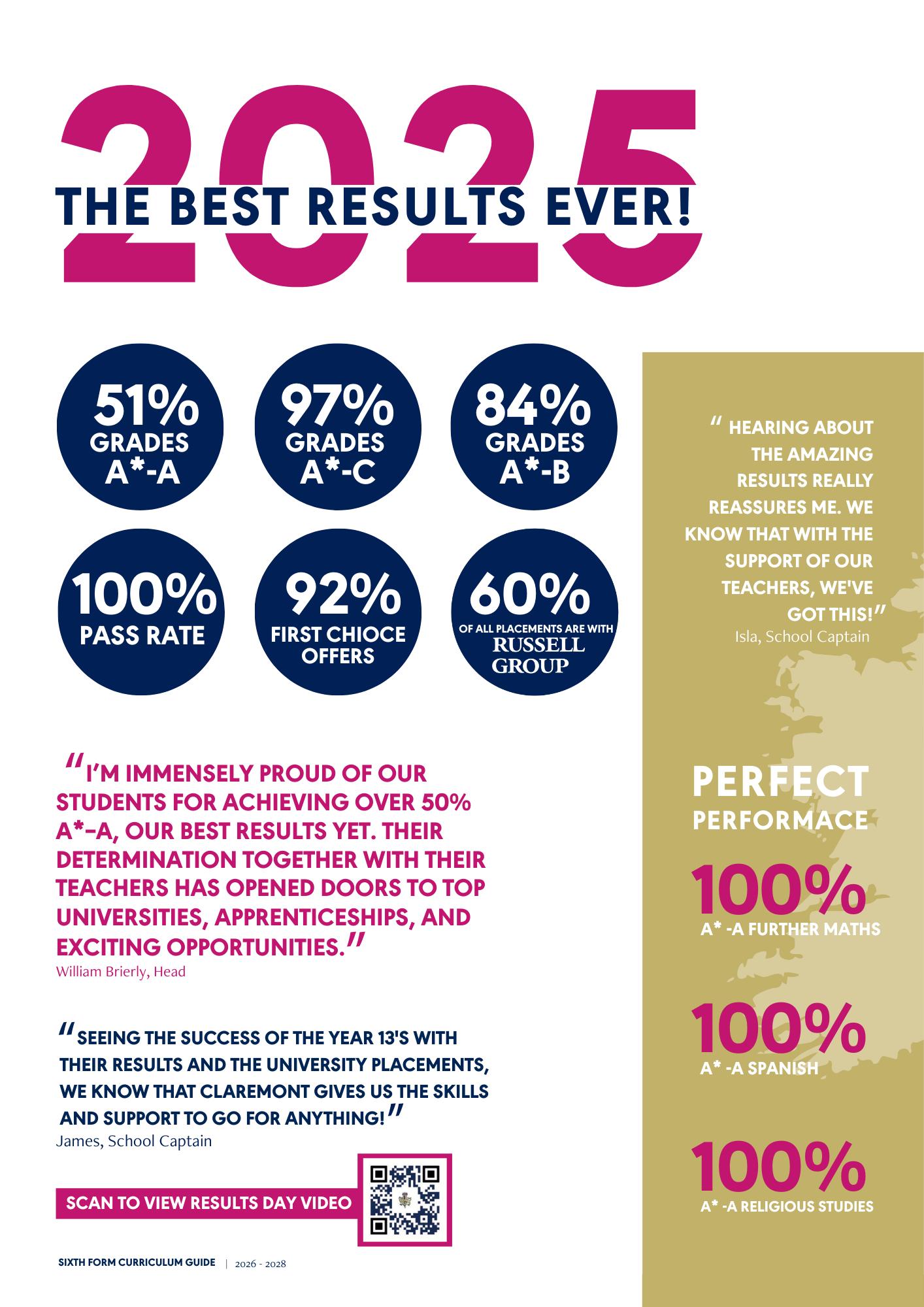

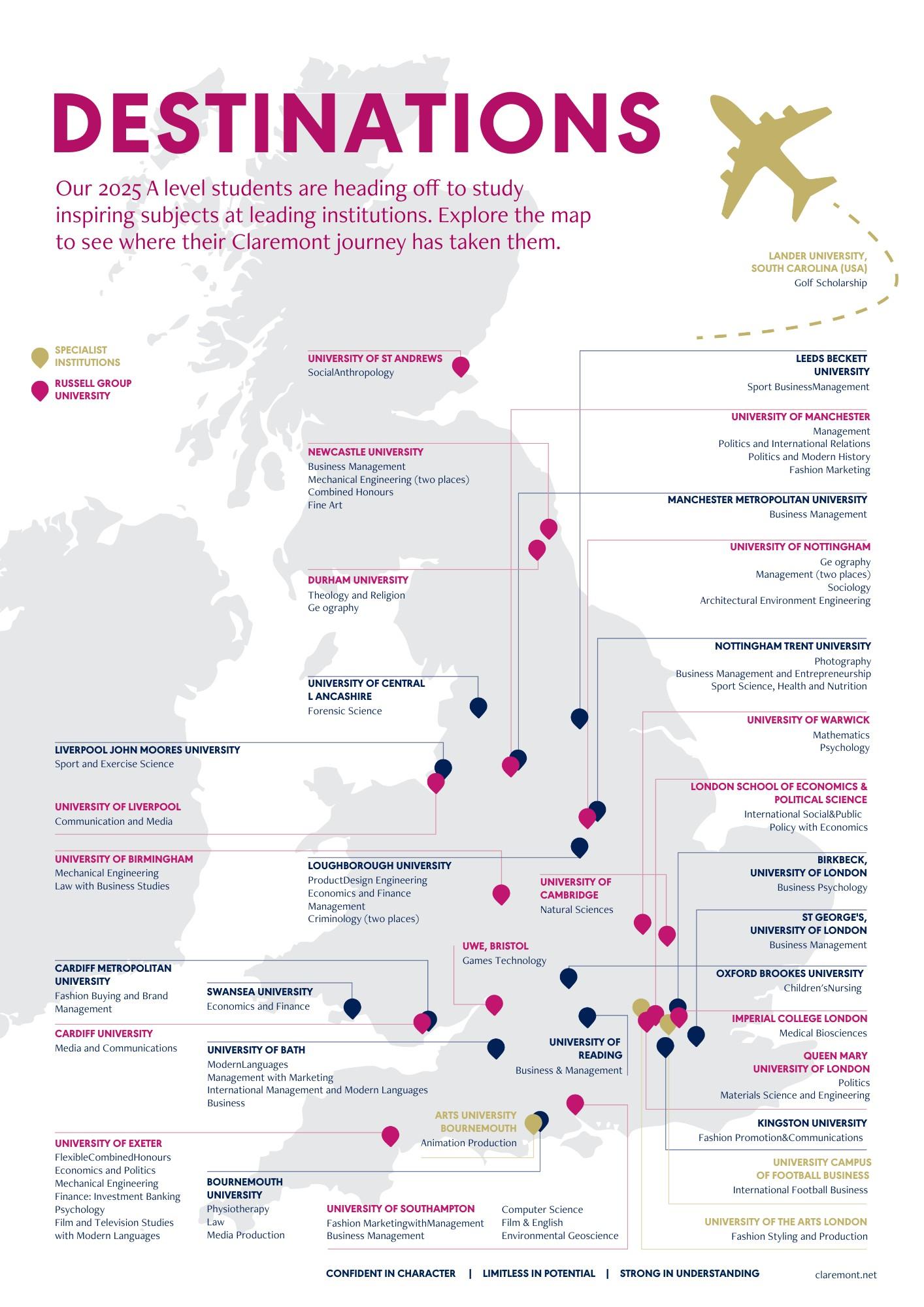





• Claremont is pleased to offer a discount scheme for families who confirm their child's place on or before Monday 2 February 2026.
• £1,200 discount per academic year: This applies to the published tuition fees (inclusive of VAT) for the 2026/27 and 2027/8 academic years and is applied to the first term's fees. The discount is applied before any other applicable discounts such as scholarships, exhibitions, sibling discounts, or bursaries.
• £1,500 non-refundable deposit: This secures your child's place in the sixth form and entitles families to the annual discount above. This is credited against the first term’s fees in the sixth form.


